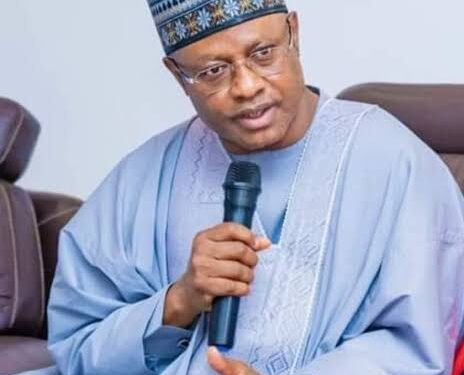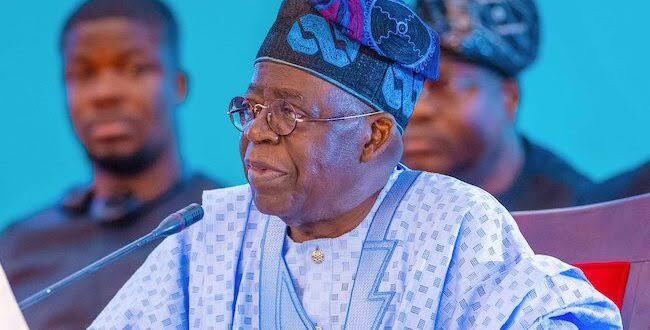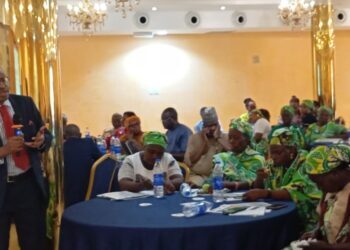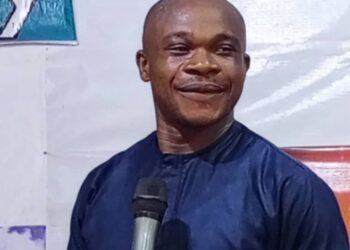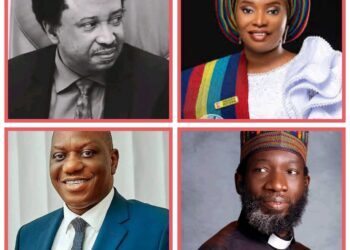By Amina Samuel, Kaduna
Kaduna State has made history as the first subnational government in Nigeria to adopt the Gender Responsive Public Procurement Policy, a move aimed at increasing the participation of women-led businesses in public procurement.
Governor Uba Sani approved the policy during the State Executive Council meeting held on Tuesday at the Council Chambers of Sir Kashim Ibrahim House. The policy was formulated in collaboration with UN Women and other stakeholders.
A statement by the Chief Press Secretary to the Governor, Malam Ibraheem Musa, on Wednesday, explained that the policy aligns with the Governor’s economic empowerment program. It seeks to bridge the gender gap by enabling equitable economic participation for women-owned businesses and cooperatives.
“The policy mandates the inclusion of women in procurement committees, ensuring that at least one woman is represented at the Directorate level in all procurement processes,” the statement said.
To further support women entrepreneurs, the policy provides several incentives, including a complete waiver of registration fees for businesses that are 100% women-owned. Additionally, tender fees for such businesses will be reduced by 50%.
The State Executive Council has also directed all Ministries, Departments, and Agencies (MDAs) to implement the policy in their procurement processes to guarantee equitable access and increased opportunities for women-led enterprises.
In another development, the Kaduna State Executive Council approved the establishment of five Sector Strategic Teams to enhance coordination and synergy among MDAs.
According to Malam Ibraheem, the teams will focus on key areas of governance and development, in line with Governor Uba Sani’s seven-point agenda.


